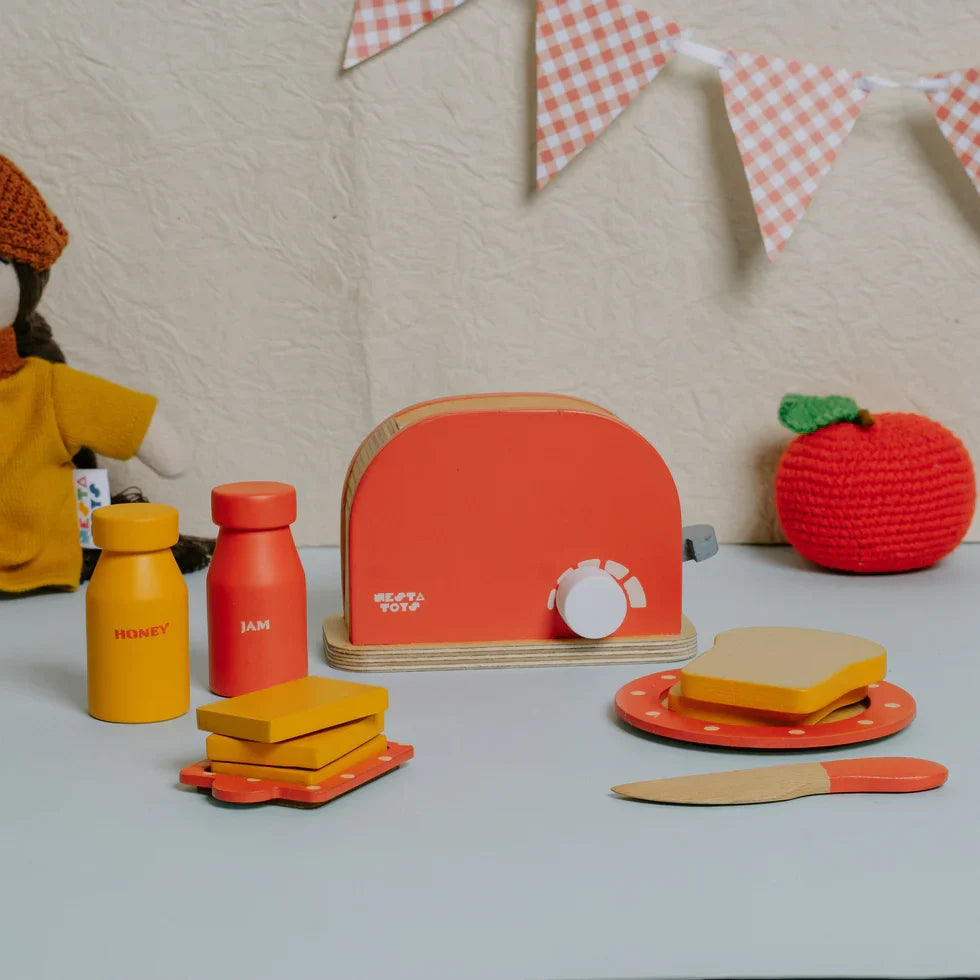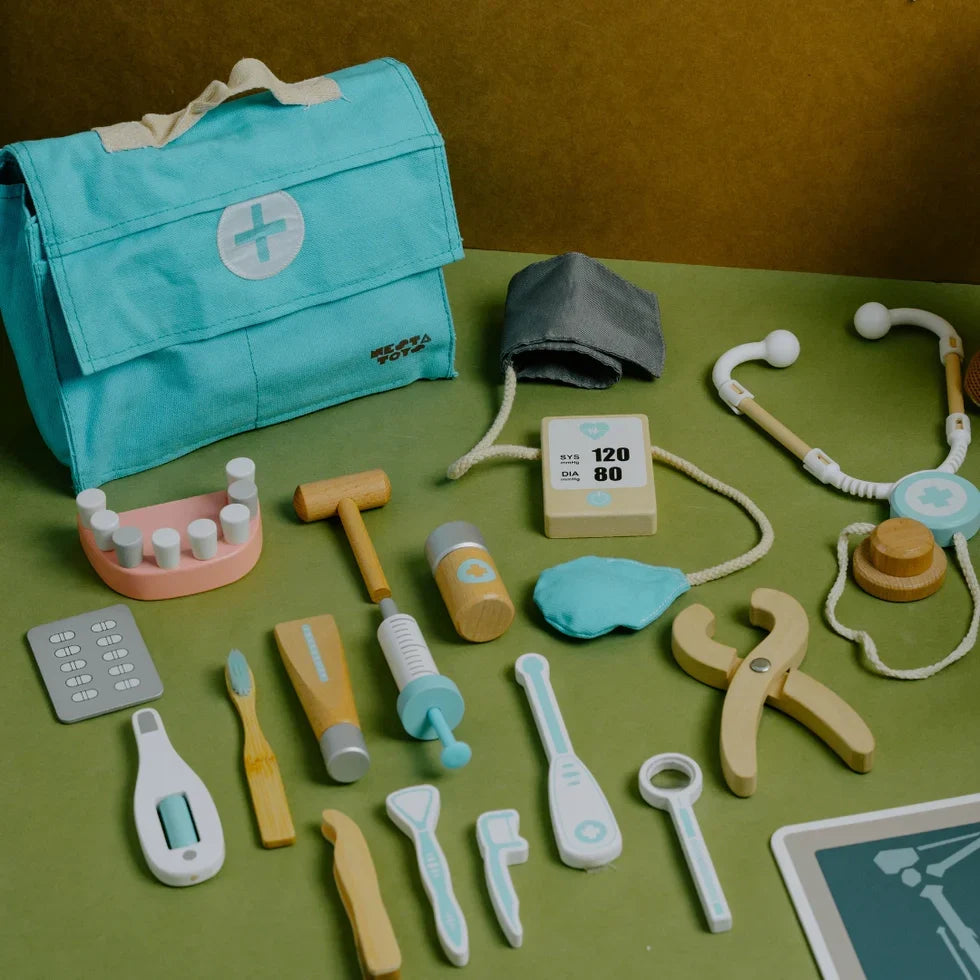Play is often seen as a carefree, fun-filled activity, but it holds immense educational value, especially in preschools and early childhood programs. Let’s dive into why play-based learning is so effective and how it supports children’s educational growth:
- Engagement and Motivation: Play-based learning is fun for kids, and when they’re having a good time, they get more engaged and excited to explore, try new things, and learn. This natural enjoyment sparks their curiosity and love for discovering new ideas.
- Active Exploration: Through play, kids explore their world and learn by doing, whether it's building, pretending, or solving puzzles. This boosts their sensory and motor skills.
- Problem Solving and Critical Thinking: Play helps kids develop critical thinking by solving problems and making decisions, like balancing blocks to build a tower or creating a story during imaginative play.
- Language Development: Play-based activities promote communication as kids talk, share ideas, and negotiate roles with friends. This helps strengthen their language skills, vocabulary, and ability to express themselves.
- Social Skills: Play-based learning encourages social interaction and cooperation. Kids learn to take turns, share, and resolve conflicts, helping build strong social skills and empathy.
- Creativity and Imagination: Play lets children tap into their creativity and imagination. Whether creating new worlds in pretend play or expressing themselves through art, they learn to think creatively and explore new possibilities.
- Emotional Regulation: Play offers a safe space for kids to express and understand their emotions. Through it, they learn to manage feelings like frustration, excitement, and empathy, helping develop emotional intelligence.
- Conceptual Understanding: Play is a great way for kids to grasp abstract concepts. For example, building with blocks helps teach spatial awareness and math concepts like size, shape, and symmetry.
- Preparation for Future Learning: Play-based learning lays the foundation for formal education by helping children build essential skills like literacy, numeracy, and a love for learning.
- Individualized Learning: Play can be tailored to each child's interests and developmental stage. Educators can adapt activities to meet the specific needs of each child, ensuring a personalized learning experience.
- Long-Term Benefits: Research shows that children who engage in play-based learning early on tend to perform better academically and socially later in life. The skills they develop through play continue to benefit them as they grow.
Incorporating play-based learning into early childhood programs and preschools isn't just about having fun; it's about creating an environment that nurtures holistic development. By recognizing the educational benefits of play, we help children thrive academically, socially, emotionally, and creatively, giving them a strong foundation for a lifelong love of learning.









